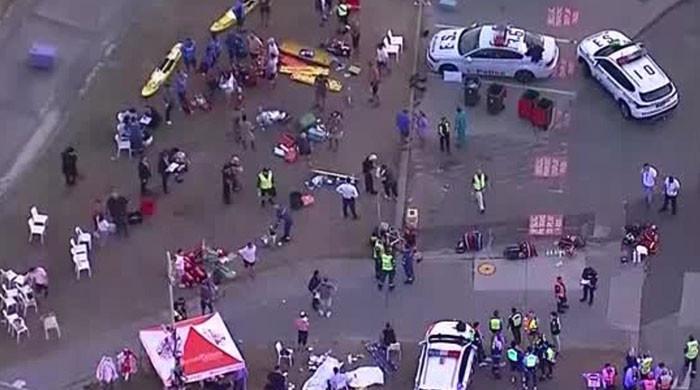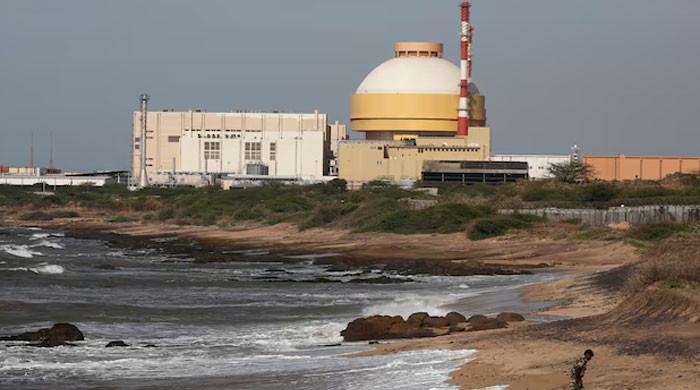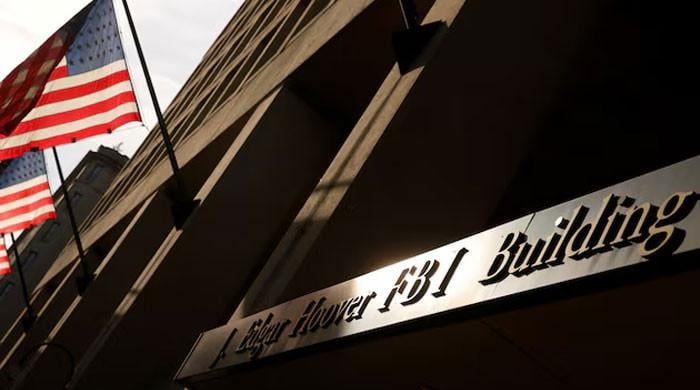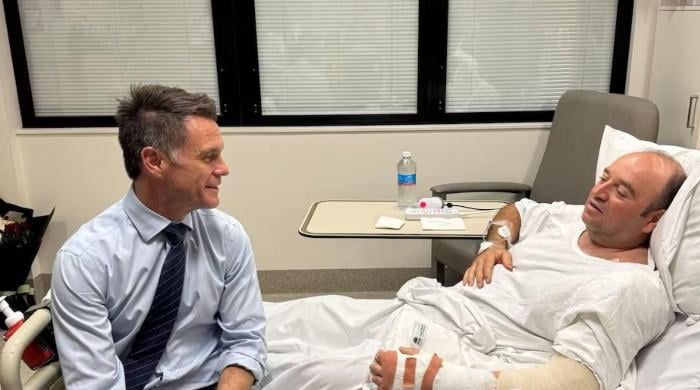Ukraine claims to retake three villages in fresh offensive against Russia
Ukrainian President confirmed on Saturday that a counteroffensive had been launched against Russian forces
June 12, 2023
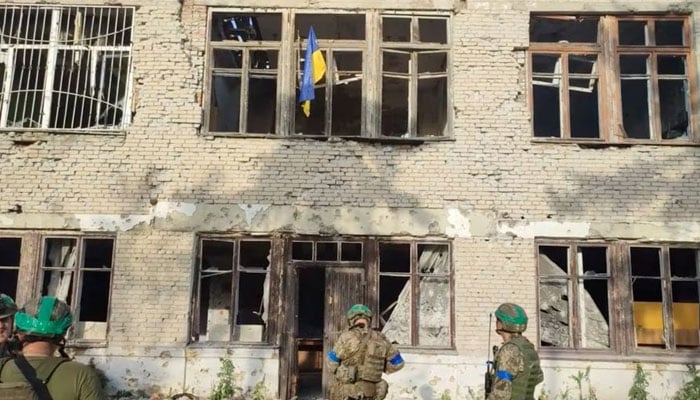
Kyiv announced Sunday that Ukrainian forces had successfully retaken three villages in the eastern region of Donetsk, marking the first reported gains of their recent offensive against Russia.
This comes after months of building anticipation, with Ukrainian President Volodymyr Zelensky confirming on Saturday that a counteroffensive had been launched against Russian forces.
According to analysts from the Washington-based Institute for the Study of War, Kyiv's forces have initiated counteroffensive operations in at least four front-line areas. The recapture of these three villages represents a notable achievement in the ongoing campaign.
The state border guard service declared, "Neskuchne of the Donetsk region is under the Ukrainian flag again," referring to one of the recaptured villages. Additionally, the Ukrainian army stated that its troops had successfully taken control of the nearby village of Blagodatne. A video released by the ground forces showcased soldiers raising the Ukrainian flag over a destroyed building, symbolizing their victory.
Valeriy Shershen, a military spokesman, explained that Blagodatne is situated on the border between the Donetsk and Zaporizhzhia regions. Moscow has reported heavy Ukrainian assaults in these areas over the past week. Shershen also revealed that Ukrainian forces had captured several Russian and pro-Russian troops during their operations.
Later on Sunday, Deputy Defense Minister Ganna Malyar confirmed that Ukrainian forces had retaken a third village, Makarivka, located northwest of Blagodatne. The Zaporizhzhia region holds strategic significance, as major military successes there could potentially allow Ukrainian forces to break through the land bridge connecting Russia with the Crimean peninsula, which was annexed from Ukraine. Such an achievement would be a significant setback for Moscow.
However, amidst these advances, tragic events unfolded. Russia shelled a rescue boat evacuating civilians from Russian-controlled territory, resulting in the deaths of three individuals and leaving at least 23 wounded, according to the Kherson region prosecutors' office. The shelling occurred as a consequence of the destruction of the Russian-controlled Kakhovka dam along the front line in the southern Kherson region. This catastrophic event led to the displacement of thousands and raised concerns about both humanitarian and environmental disasters.
In response to these developments, President Zelensky condemned the Russian action during an evening address, accusing the occupiers of causing the disaster by blowing up the dam and then targeting the evacuating boats. Ukrainian officials, including Prosecutor General Andriy Kostin and representatives from the International Criminal Court, have visited the Kherson region to investigate the incident. Kostin stated that this environmental catastrophe is not only a war crime but also an ecocide, as it has resulted in significant damage and contamination, including the spilling of 450 tonnes of turbine oil into the waters of the Dnipro and the Black Sea.
As rescue efforts continue, the affected regions are grappling with the aftermath. Interior Minister Igor Klymenko reported that 77 towns and villages were flooded in the Kherson and Mykolaiv regions, resulting in five deaths and leaving 162,000 people without water supplies. Although the water level has started to recede in Kherson City, locals are returning to assess the extensive damage caused by the flooding. The impact of the dam destruction has been severe, with residents facing substantial losses and the need to discard spoiled food and damaged goods.




